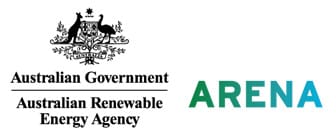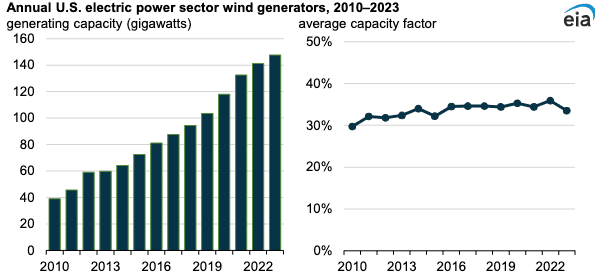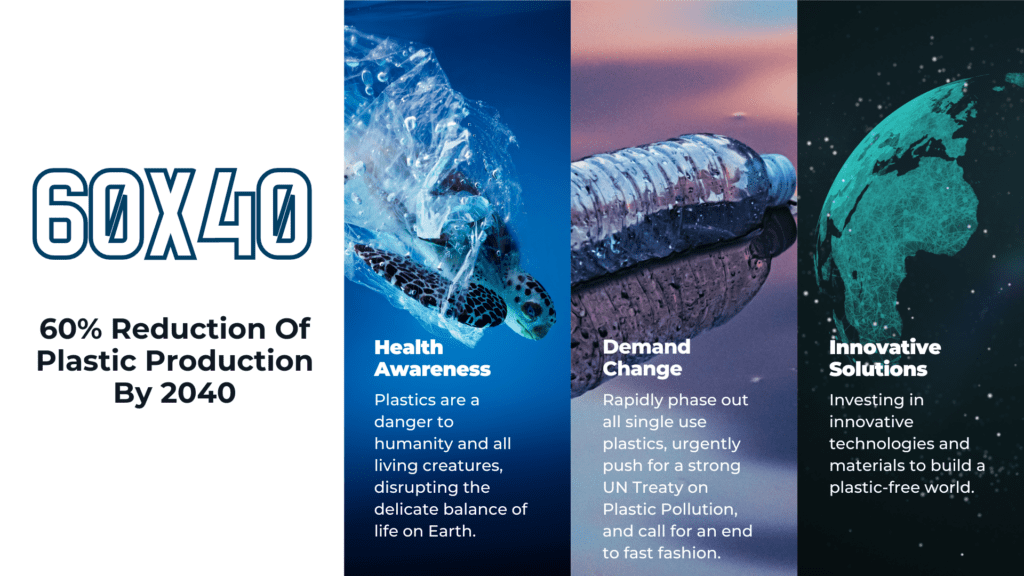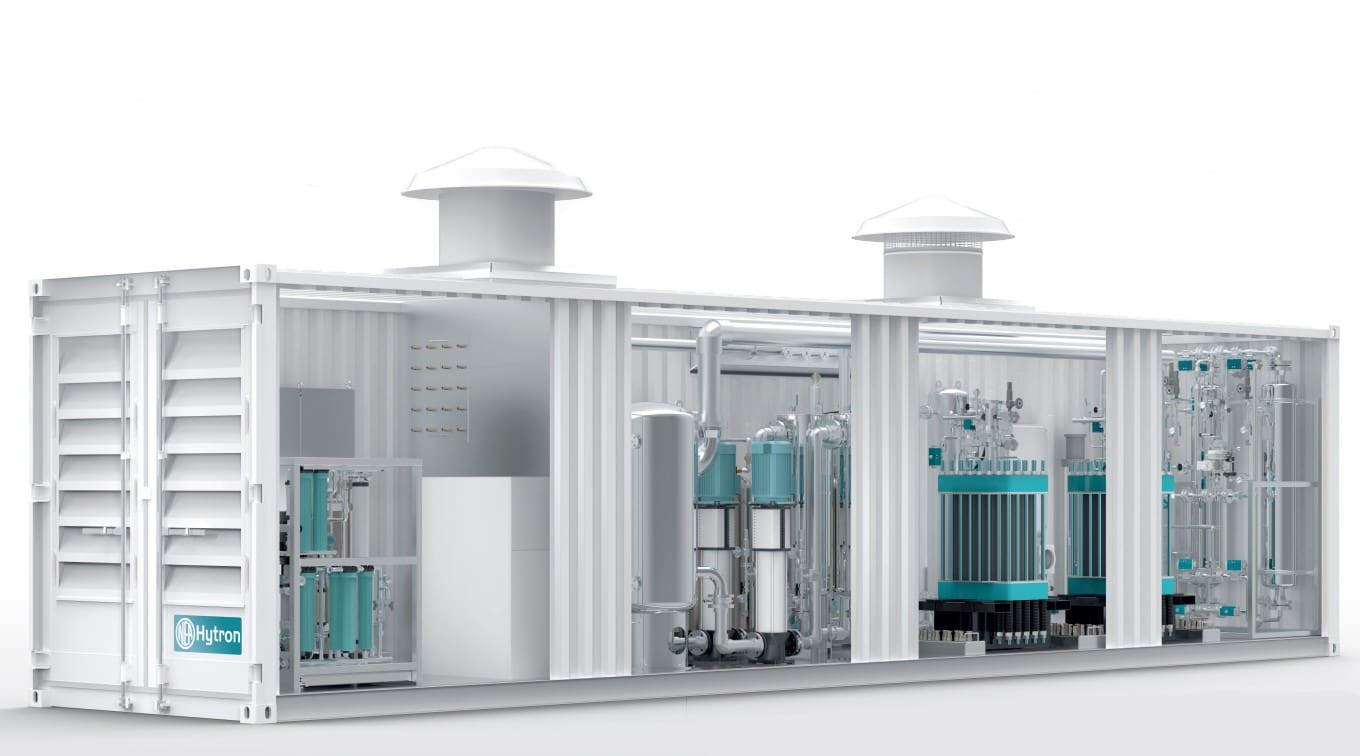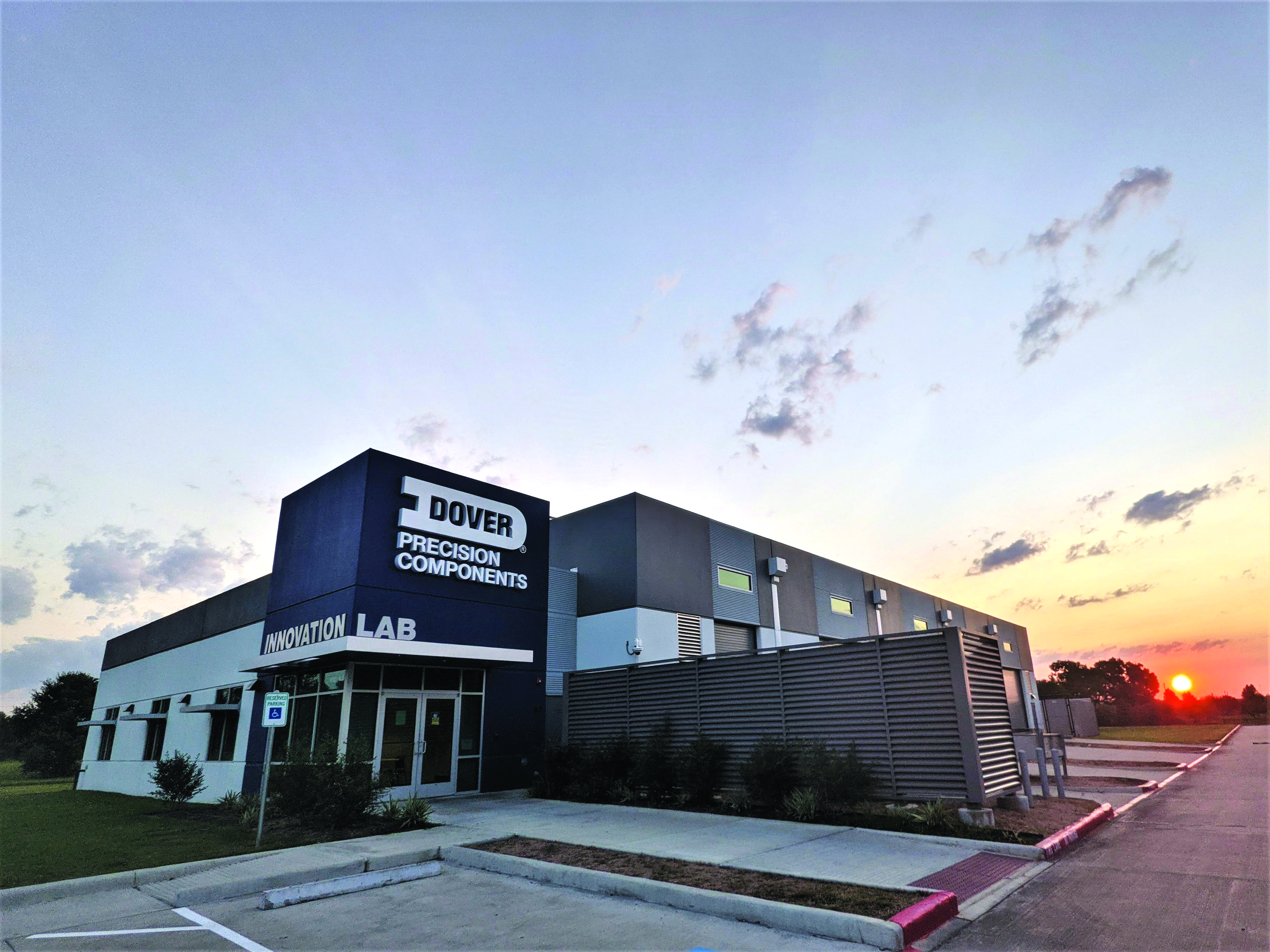The Australian Renewable Energy Agency (ARENA) announced a US$13.4 million investment in Wollongong-based startup Hysata to demonstrate the company’s next generation hydrogen electrolyzer technology at commercial scale.
Hysata will develop and test a 5-MW unit at its new manufacturing facility in Port Kembla. The electrolyzer array will then undergo further testing and validation before it is relocated to Queensland.
Queensland government-owned power company Stanwell Corporation is backing the project with US$1.92 million, as well as providing the site and facilities for the field deployment of the electrolyzer.
The demonstration unit will be installed adjacent to the Stanwell Power Station near Rockhampton, Queensland. The site has available land, water, and grid connection capacity. Spun out of ARENA-funded research at the University of Wollongong, Hysata was established to commercialize electrolysis technology.
Hysata’s proprietary “capillary fed” electrolyzer cell eliminates almost all resistance in the electrolysis process. Existing electrolyzers face energy losses from electrical resistance and gaseous bubbles forming on electrodes, reducing the overall efficiency of the system.
According to ARENA, Hysata’s technology has been proven to produce hydrogen with 95% (41.5 kWh/kg) efficiency, well ahead of incumbent technologies that operate with efficiencies close to 75% (52.5 kWh/kg). This has the potential to reduce the cost of renewable hydrogen production through reduced electricity inputs. The technology also offers lower balance-of-plant costs, with reduced electrical resistance resulting in reduced cooling requirements. If delivered at scale, these reduced input costs will help lower the levelized cost of hydrogen, making renewable hydrogen a commercially viable energy resource.
ARENA has previously awarded Hysata US$5.74 million under the German-Australian HyGATE program, with an additional contribution from the German Government’s Federal Ministry of Education and Research (BMBF) of US$6.42 million.
With the help of the HyGATE grant, Hysata is currently working on the development of a 200-kW electrolyzer system that will demonstrate the key components of the 5-MW commercial scale demonstration unit.
ARENA Chief Executive Officer (CEO) Darren Miller said the project is a crucial step to enabling purchase orders for the technology. “Hysata is a great example of Australian innovation leading the way in renewable energy,” said Miller. This electrolyzer technology could be a game-changer for renewable hydrogen. The demonstration at Stanwell’s site will be key to unlocking commercial demand for Hysata’s product by proving the technology works at scale. ARENA has been involved in this technology since it was just a concept in a laboratory, so we’re pleased to be supporting this next step toward commerciality. Identifying promising renewable energy solutions and helping them along the innovation chain is what ARENA does best.”
Hysata CEO Paul Barrett said this was a significant milestone in Hysata’s plans to rapidly scale its groundbreaking technology needed to accelerate the world’s transition to net zero emissions. “Hysata is proud to be partnering with ARENA and Stanwell to enter our next phase of commercialization,” said Barrett. “Green hydrogen is critical for decarbonization of hard-to-abate sectors, and we are committed to helping our customers deliver the world’s lowest cost green hydrogen. With 95% efficiency combined with cost-effective materials and reduced engineering, procurement, and construction [EPC] costs, Hysata’s electrolyzer will transform the economics of green hydrogen production. We look forward to creating more local jobs and strengthening Australia’s sovereign manufacturing capabilities through this project, which will pave the way for Hysata’s scaling to fulfill a multibillion-dollar pipeline of orders from around the world.”
Stanwell CEO Michael O’Rourke said the support for Hysata’s Technology commercialization was another important step in Stanwell’s goal to driving the development of Queensland’s renewable hydrogen industry. “We are excited to support Hysata by facilitating the commercialization of this innovative Australian-made technology through a field pilot,” said O’Rourke. “The development of a renewable hydrogen industry is a key component of our energy transformation. The potential to use high-efficiency Australian technology in large-scale hydrogen projects would be a real advantage.”
Initial development of the system is currently underway, with the field pilot at Stanwell due to commence in 2025.



